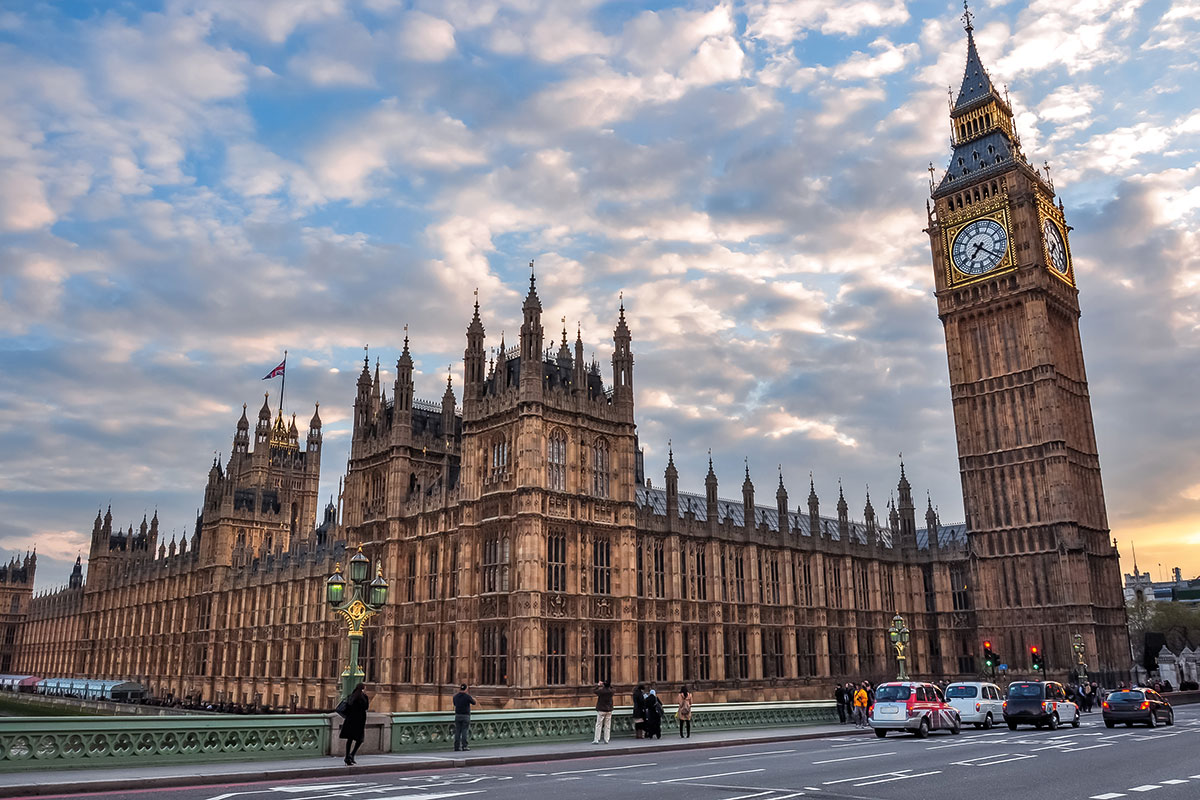Ministers must commit to 30-year social rent increases to tackle London’s housing crisis, report argues
The government must “immediately” introduce a 30-year commitment to increase social rents by 1% above the consumer price index (CPI) annually to help tackle London’s affordable housing crisis, a new report has argued.
The 28-page report, published today by the G15 and the London Housing Directors’ Group – representing the capital’s councils – sets out a series of recommendations aimed at solving the “market failure” over housing need in the city.
The report highlighted that the annual need for extra affordable housing in London is 7.6 times greater than supply, compared to 2.6 across the whole of England.
Under a change of government policy implemented last year, social landlords can increase rents by 1% above CPI until 2025. The change has seen a number of associations increase their income from social housing lettings.
However, housing associations, particularly those in London, are grappling with major long-term costs as a result of the post-Grenfell building safety crisis and decarbonisation, forcing them to rethink their development plans.
“The government should significantly increase grant funding for affordable housing to support the delivery of genuinely affordable homes that meet local need as both a proportion of scheme costs and to expand overall supply,” the report said.
It added: “Government should make a 30-year commitment to increase social housing rents by CPI+1% starting immediately.”
Based on Savills’ estimates for the report, up to 100,000 new homes across all tenures are needed a year. This compares to a completions target of 52,000 in the mayor’s London Plan, adopted in March.
And government figures estimate that only 41,718 homes across all tenures were delivered in the capital in the 2019/20 financial year.
The report also urged ministers to provide “financial backing to housing associations and councils to act as a ‘buyer of last resort’ for bulk purchase of unsold market homes at cost where they deliver value for money”.
Landlords have also faced pressure on the cross-subsidy model, particularly in London where the private property market has stagnated.
The report said that the social housing sector’s reliance on the model to deliver affordable housing had reached a “tipping point”. Nearly two years ago, Fiona Fletcher-Smith, L&Q’s then director of development and sales and now chief executive, branded the model “absolutely bust”.
Today’s report said: “Market prices are too high to support market sales, yet the slowing growth in house prices makes the cross-subsidy model increasingly difficult.”
On Right to Buy, the report said that councils should remove all caps on the proportion of receipts that can “contribute to new homes, the time limit on their use, and punitive interest charges that penalise councils for proper long-term planning of sustainable housing developments”.
Councils and housing associations should also be supported with “grant funding for replacement homes to take forward estate regeneration schemes”, the report said.
It also called on ministers to “immediately” expand its post-Grenfell Building Safety Fund to support remediation costs facing social housing providers in addition to those that would have otherwise been met by leaseholders.
The government should also work with social housing providers to “set agreed targets for carbon reduction in existing and new homes and bring forward access to the £3.8bn Social Housing Decarbonisation Fund”, the report concluded. Currently the government has distributed £50m to help with the sector’s effort in retrofitting.
Geeta Nanda, chair of the G15 and chief executive of Metropolitan Thames Valley Housing, said: “As this interim report sets out, there are multiple systemic challenges and significant issues, such as the building safety crisis, that need co-ordinated action to resolve. We hope this report helps the conversation move towards practical solutions that help more people have a home and the chance to live well.”
Sign up for our development and finance newsletter
Already have an account? Click here to manage your newsletters













